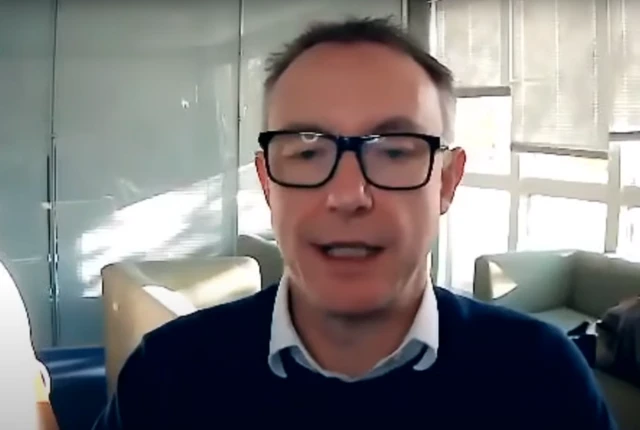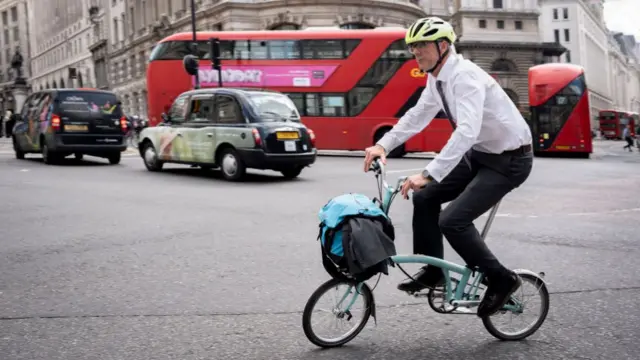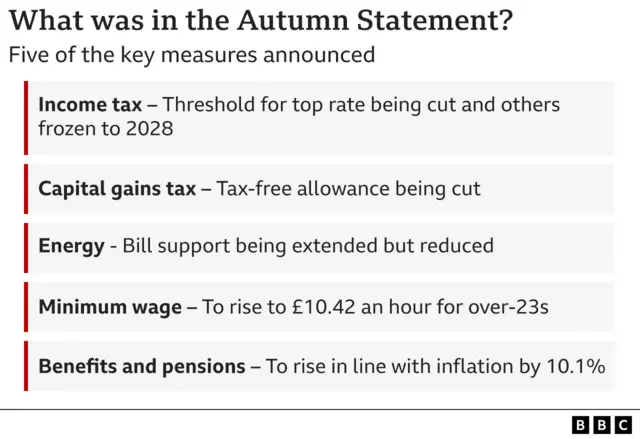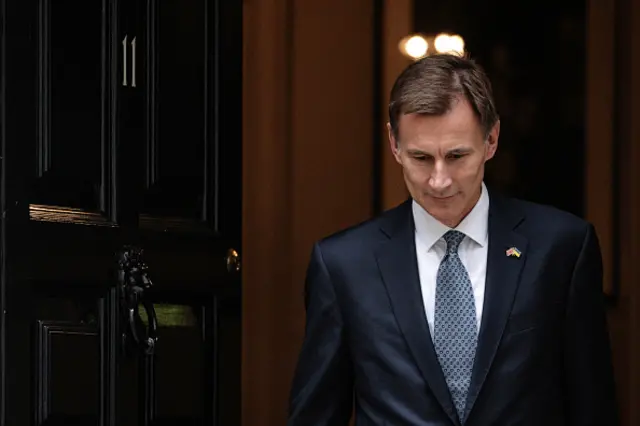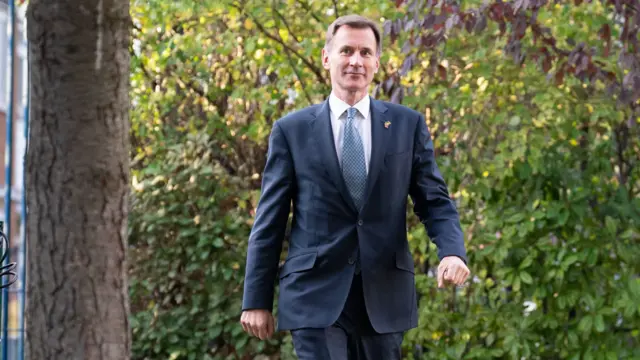Hunt 'put off' tough decisions - IFSpublished at 11:12 GMT 18 November 2022
Speaking of the tax changes unveiled in the chancellor's statement yesterday, Paul Johnson says he saw "no sense of strategy".
He acknowledges Chancellor Jeremy Hunt was "hemmed in" by issues including "dreadful growth prospects", meaning that Hunt "put off" the tough decisions.
The economist concludes by saying the UK is "reaping the costs of a long-term failure to grow the economy, the effects of an ageing population, and high levels of past borrowing".
Johnson says the country "just got a lot poorer" and is in for a "long, hard, unpleasant journey" - one that has been worsened by a "series of economic own goals" which Hunt "appears to have recognised".
